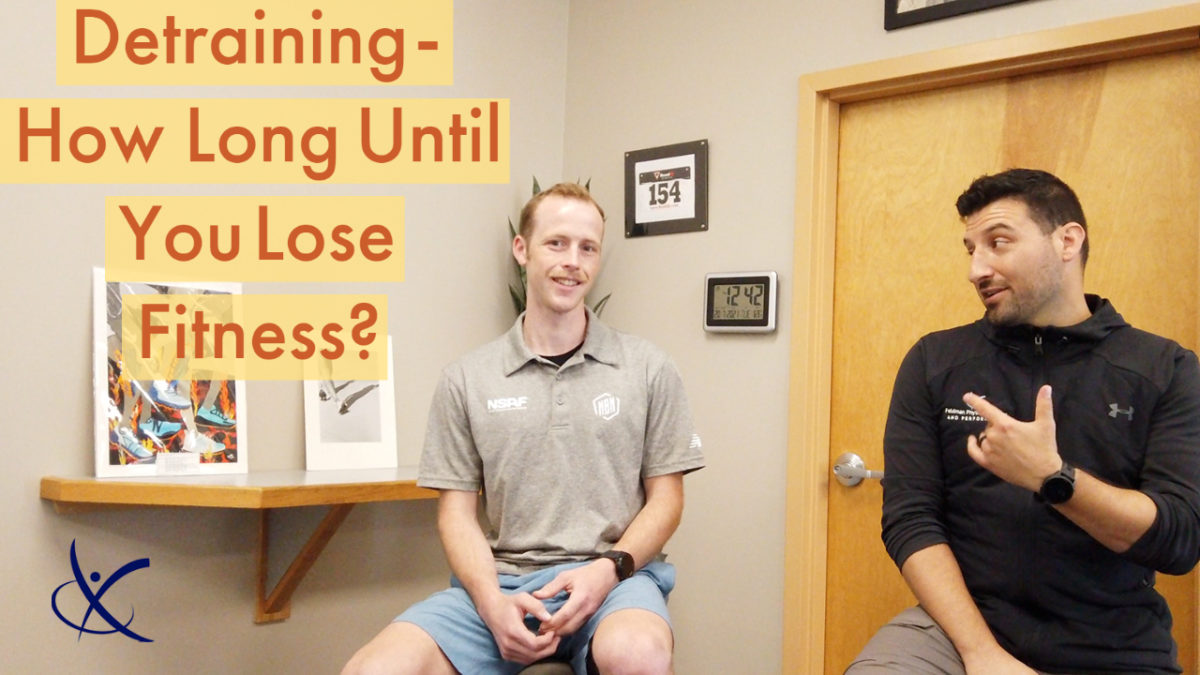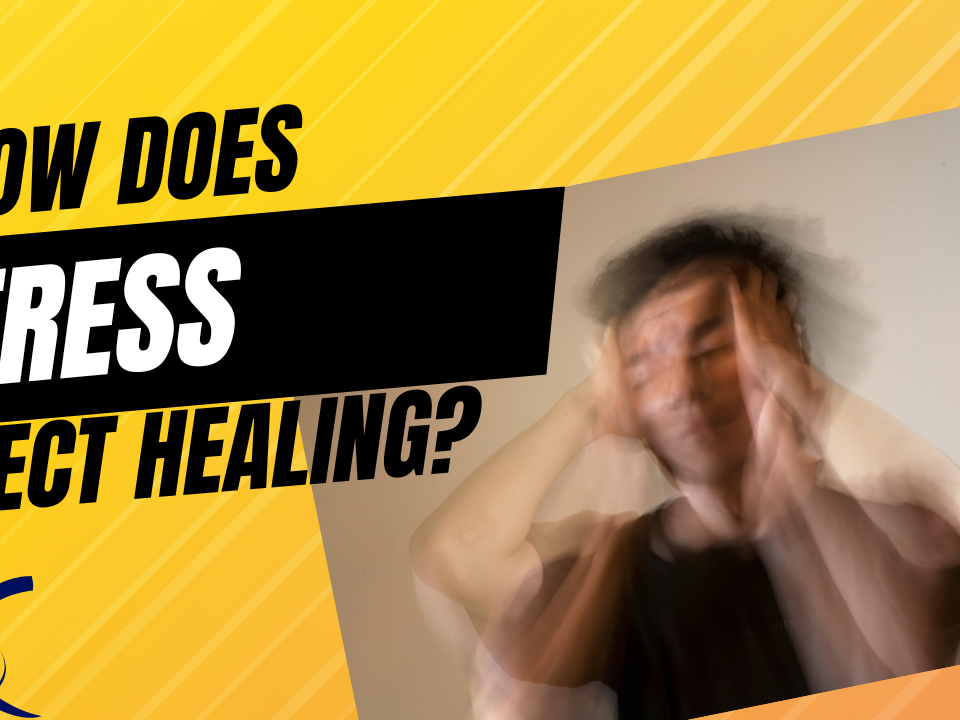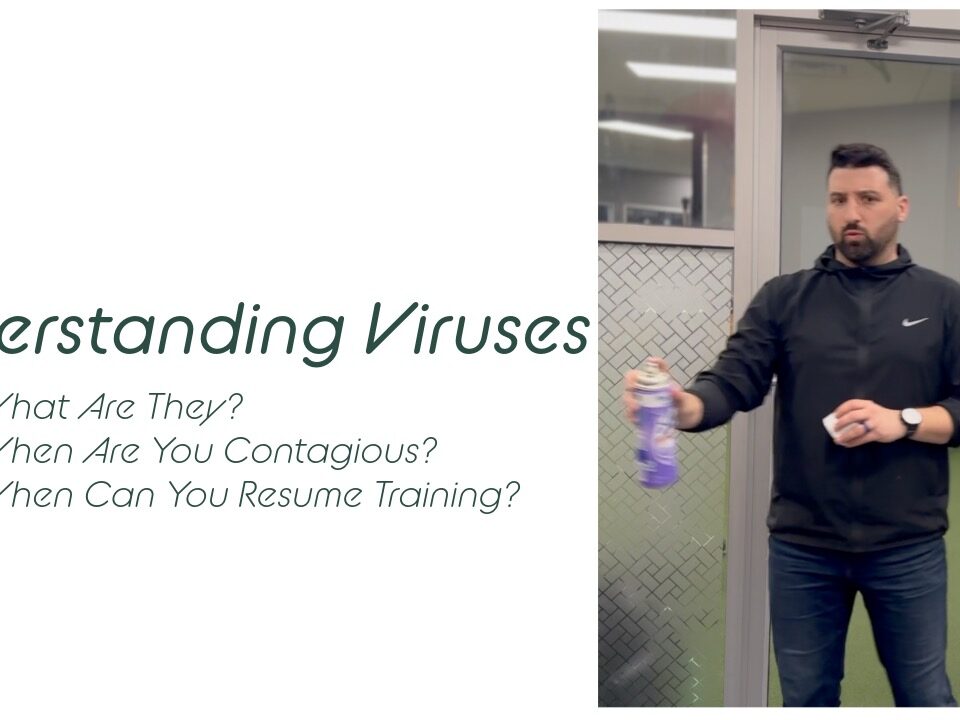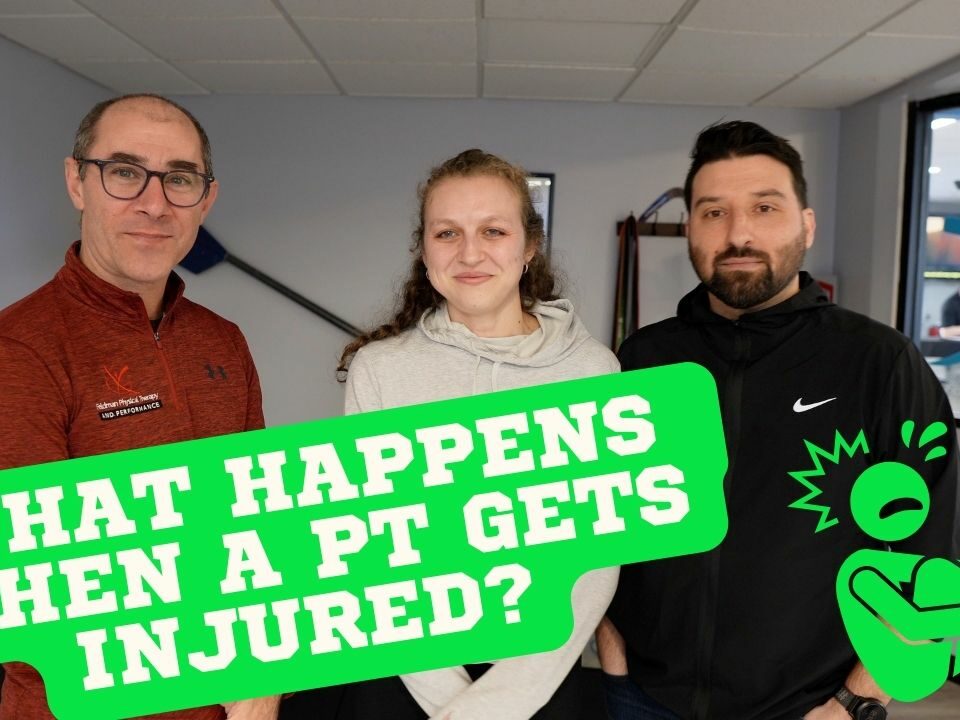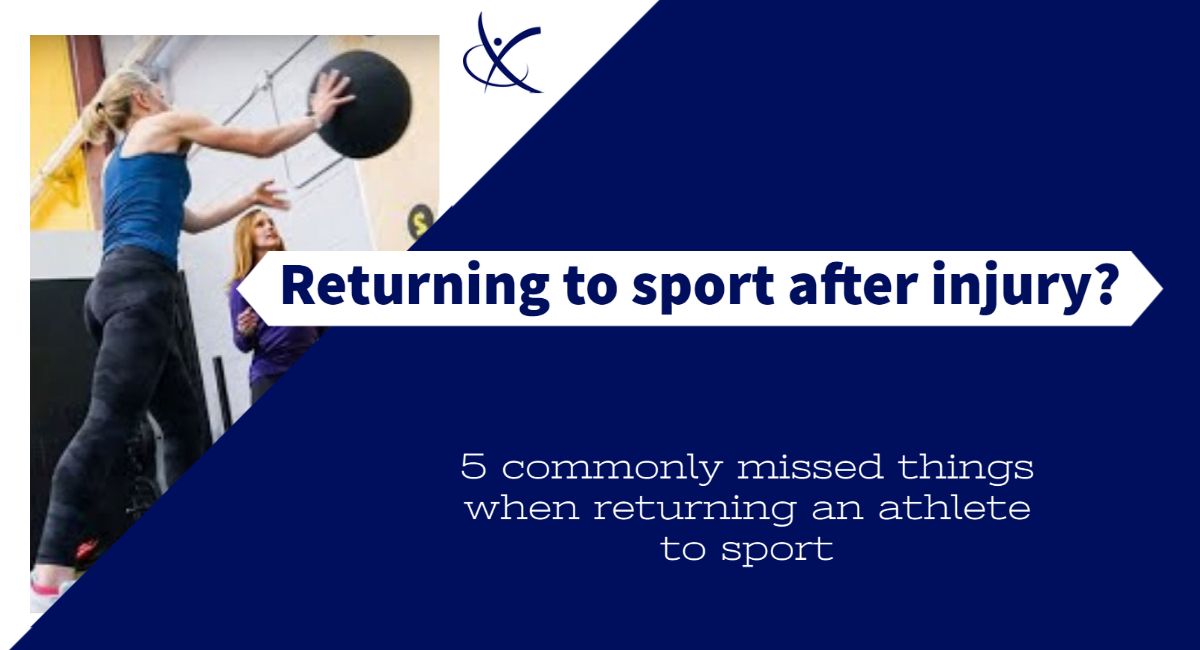
5 Factors to Consider When Returning to Activity After Injury
July 24, 2021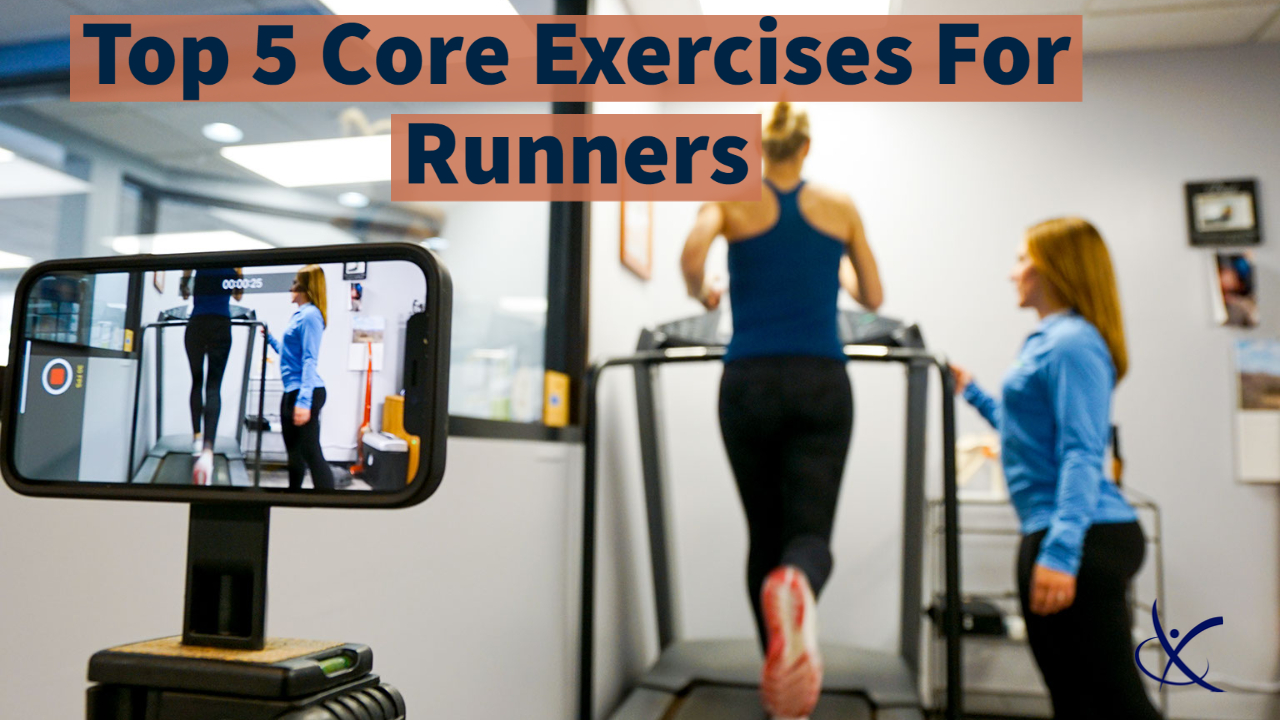
Top 5 Core Exercises for Runners
August 8, 2021
What happens when I stop training?
Blog post: Ian Shultis July 2021
Many of us have had a time where, from either the universe conspiring against us or an injury keeping us down, we just couldn’t train. And if you’re a person who likes being active, are working toward a goal, have a race or competition on the calendar, that time probably brought with it some nagging thoughts, restless legs, and perhaps a fear of how you were losing all of your hard-earned fitness.
Well, I hope this post helps to give a little context to some of those anxiety-inducing panics that can occur when not being able to do your normal training routine.
First, we need to set the stage as to what exactly is happening here. This situation is called “detraining”.
In previous posts, we’ve talked about the positive effects of a taper that lasts 8-10 days to get you primed and ready to go for a race week or event where you cut your training volume back even just 10% to 40%.
Detraining is a gradual loss of fitness from not doing your training for a longer time period, simple as that.
With detraining, we are talking about your scheduled and normal training being completely disrupted where you are not able to train a sufficient amount to keep your body adapting and moving forward. In scientific studies, this is described as a forced rest for their test subjects, where they are not allowed to do the studied activity (running, swimming, cycling, or strength training in these cases).
Trends that are seen with detraining for aerobic endurance are shown as 4% reductions of Vo2Max (a person’s ability to use oxygen) after 2 weeks of complete inactivity (again, in this case, not doing your normal training exercise) mostly due to a reduction of blood volume and your heart’s efficiency in pumping that blood.
After those first 2 weeks, another 2-4% reduction of aerobic fitness can be expected for every additional week of activity being removed. Such that at 3 weeks you may have a 6% reduction, after 4 weeks an 8% reduction etc, etc …
- 2 weeks off → 4% reduction of aerobic fitness
- 3 weeks off → 6% reduction
- 4 weeks off → 8% reduction
- Stabilizes at a 16-20% reduction seen even at 12 weeks or 3 months
But it’s not all just an elevator down of fitness losses and doom and gloom!
With endurance athletes who took off 84 days (that’s 12 weeks or 3 months!) it was found that their Vo2max did decrease between 16-20% but it then stabilized at that level, which was still much higher than that of someone who has never done all that previous work beforehand!
The takeaway: you are still in better shape than the version of you who had never put all that work in before your forced rest!
This gives you a better starting point from before and should give you confidence that you have not lost all the hard work you’ve put in over the past!
Ok so, you had to take a long break, from either an injury, or a school and/or work schedule that got out of hand, or maybe even a really long vacation? (I’m a little jealous of a 4+ week vacation) Now though you’re hoping to get back into your routine. Well, here’s more good news for you!
It’s shown how, for example, if you had a 4-week complete rest from that activity and lost some fitness, it will take just half that time, or 2-weeks, to get back to those levels and regain that fitness (provided a non-interrupted return back to training).
Now obviously this is a place where we need to make sure that retraining is gradual and appropriate so that you don’t jump back in too fast, but the base idea here is you will regain fitness, and it will come back gradually in about half the time it took for you to lose it. Not bad, right!
Knowing some of these observed trends in sports medicine can be helpful to quiet down those worries of how you will never get back into shape, or how your whole year of planned races is blown away. You and your health are always in a better place from past exercise and training than if you had never done any of it.
Many of these studies use forced rest where athletes had to abstain from any and all training for that set time frame. In real life, if you’re not able to run, but still able to get a short home workout or family hike in, don’t discount it!
Activity is still activity.
Even small snippets of activity and short workouts should help you feel like you are working toward your goal until you can find the time to build your desired training back in. When you can, give yourself some breathing space, look on the calendar, and feel confident getting back into a routine that will improve with time and maybe even a little quicker than before!
Ian Shultis is a certified Athletic Trainer as well as a 3rd year Doctor of Physical Therapy Student in his clinical rotation at Feldman Physical Therapy & Performance. He is also a trail and ultra runner, happily running and racing on many trails in the Northeast.


